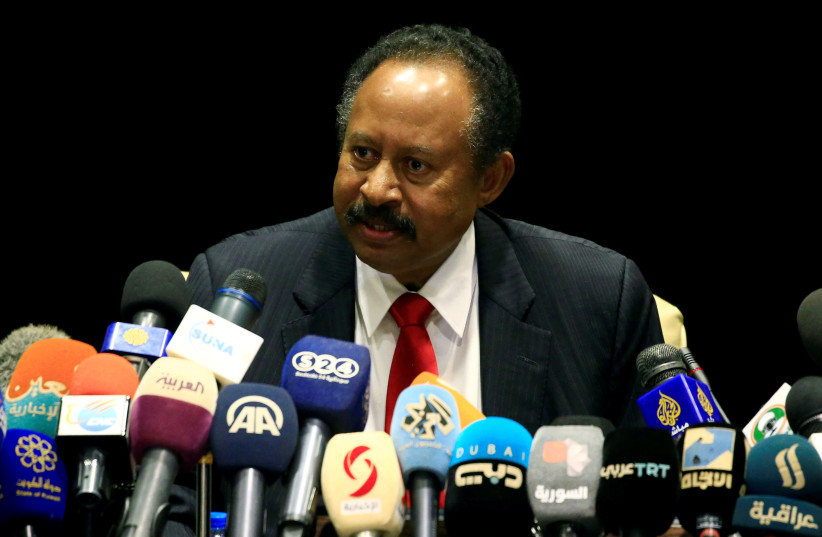A senior UN official discussed mediation options and possible next steps for Sudan with its ousted prime minister on Sunday, a day after hundreds of thousands of protesters hit the streets to demand an end to military rule.
The large outpouring of popular dissent posed the biggest challenge to General Abdel Fattah al-Burhan since he toppled Prime Minister Abdalla Hamdok's cabinet on Monday and arrested key politicians. The streets were largely calm on Sunday.
"We discussed options for mediation and the way forward for Sudan. I will continue these efforts with other Sudanese stakeholders," Volker Perthes. the UN Special Representative for Sudan, said in a Twitter post.
Perthes said Hamdok was "at his residence where he remains well but under house arrest."
Mediation efforts by the international community and within Sudan had been announced before Saturday's protests, with no outcome reported.
Hamdok has demanded the release of detainees and a return to the pre-coup power-sharing arrangement, sources close to him said. One of several sources of tension had been a push by civilians to take over leadership of the transition from the military at a not-yet-agreed point in the coming months.
The Central Committee of Sudanese Doctors said three protesters were shot dead by security forces in Khartoum's twin city of Omdurman on Saturday. Sudanese police denied shooting protesters during the demonstrations, saying on state TV that one policeman sustained a gunshot wound.
Life returned to a near standstill in the Sudanese capital Khartoum on Sunday. Residents of central Khartoum said continued strikes and security measures were causing paralysis.

Banks and most markets were closed, with only a few small stores and stalls open.
"You can't do anything - everything is shut down. We need to work every day to make money," said a fruit and vegetable seller in the city center.
People were unable to cross into Khartoum from Omdurman and the capital's other twin city, Khartoum North, because security forces had closed the Nile river bridges.
With Saturday's deaths, at least 14 protesters have been killed in clashes with security forces this week.
Unions of doctors, bankers, teachers and other groups have been on strike since last week and have said they will continue until demands are met, while resistance committees have barricaded neighborhoods and created schedules of protests.
Demands range from a return to the pre-coup power-sharing arrangement to criminal charges against coup leaders.
The Sudanese Lawyers Union condemned the arrests of activists and political leaders. The union "warns that the Sudanese people are in front of an oppressive military movement paving the way for dark totalitarianism."
